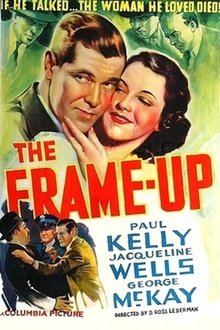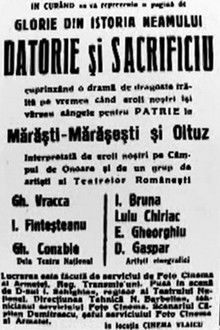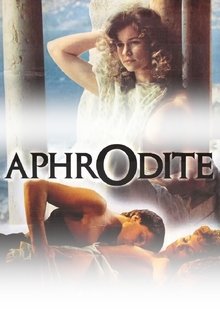Related Movies
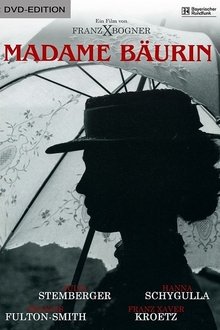
Madame Bäurin (1993)
On the Schiermoser farm tense expectation prevails. The 'Urban', the Schaubleins, surprisingly announced their arrival. In the past, they were welcome as generous summer visitors. But now the shortage years of the First World War prevail. And the farmer's wife suspects lazy parasites in the townsfolk. The city family is indeed facing ruin. Especially since the defiant daughter Rosalie has just knocked out a promising money marriage without regard to scandal. The Rosalie is attracted to the Schiermoser heir Franz. His mother already drives the thought of a 'Madame Bäurin' to madness. Everyone experiences a turbulent time of upheaval. The end of the First World War will shake the social fronts as well as the new machine age.
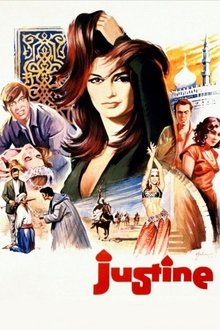
Justine (1969)
In Alexandria, in 1938, Darley, a young British schoolmaster and poet, makes friends through Pursewarden, the British consular officer, with Justine, the beautiful and mysterious wife of a Coptic banker. He observes the affairs of her heart and incidentally discovers that she is involved in a plot against the British, meant to arm the Jewish underground in Palestine. The plot finally fails, Justine is sent to jail and Darley decides to return to England.
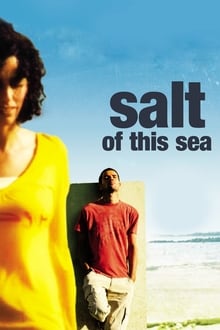
Salt of This Sea (2008)
Born in Brooklyn to Palestinian refugee parents, Soraya decides to journey to the country of her ancestry when she discovers that her grandfather's savings have been frozen in a Jaffa bank account since his 1948 exile. However, she soon finds that her simple plan is a complicated undertaking — one that takes her further from her comfort zone than she'd imagined.

The Pity of War (2014)
Professor Niall Ferguson argues that Britain's decision to enter the First World War was a catastrophic error that unleashed an era of totalitarianism and genocide.
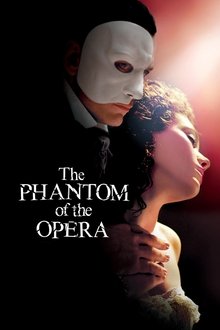
The Phantom of the Opera (2004)
A young soprano becomes the obsession of a disfigured and murderous musical genius who lives beneath the Paris Opera House.

Farha (2021)
Palestine, 1948. After the withdrawal of the British occupiers, tensions rise between Arabs and Jews. Meanwhile, Farha, the smart daughter of the mayor of a small village, unaware of the coming tragedy, dreams of going to study in the big city.

The 13th Warrior (1999)
A Muslim ambassador exiled from his homeland joins a group of Vikings, initially offended by their behavior but growing to respect them. As they travel together, they learn of a legendary evil closing in and must unite to confront this formidable force.

Gaza Is Our Home (2024)
"Gaza Is Our Home" is a profoundly personal documentary that peels back the layers of devastation within the Gaza Strip, as witnessed through the lens of filmmaker Monear Shaer. His debut documentary was created out of agony as a timely, impactful, and tragic response to the collective anguish of all who call Gaza home... What began as an auto-generated slideshow on Monear’s iPhone of his own trip to see his family in 2021, has since transformed into a feature-length documentary. Through a tapestry of intimate interviews, unfiltered personal footage, and raw storytelling, "Gaza Is Our Home" transcends the political rhetoric and confronts audiences with the agonizing reality and ongoing cruelty thrust upon the film-makers own family. It is more than just a documentary... Rather, "Gaza Is Our Home" stands as a testament to the humanity behind the over 33,362 innocent lives massacred since Oct 2023...
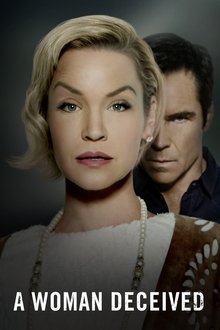
A Woman Deceived (2017)
It’s been one year since Elizabeth’s husband, Bill, died in a tragic horseback riding accident and she is starting to move on. When she runs into Travis Brown, the cowboy she met the same weekend Bill died, the two immediately hit it off. Travis is just what Elizabeth needed to come into her life and they soon get married. When new evidence surfaces implying that Bill’s death wasn’t an accident, Elizabeth must find a way to protect herself and her son from the man she married.
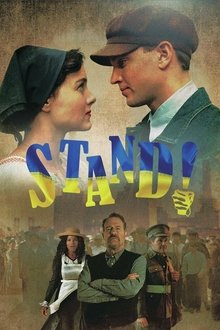
Stand! (2019)
In post-World War I Winnipeg, a Ukrainian immigrant and a Jewish woman get caught up in a labour strike.
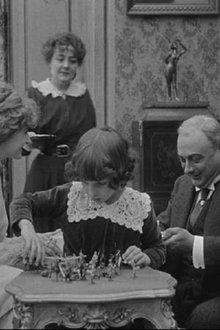
The Little Tin Soldiers (1916)
With Jean-Baptiste at the front, Louise takes care of Bébé with the help of Uncle Pierre. The letters she receives from Jean-Baptiste worry her, but Pierre distracts Bébé with a box of tin soldiers. That night, Bébé has a dream of his soldiers vanquishing the enemy, and the next morning, Jean-Baptiste surprises the family by returning home.
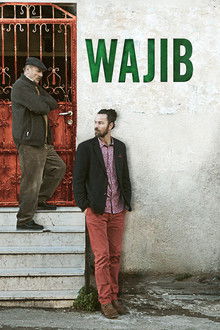
Wajib (2017)
After years abroad in Italy, Shadi returns to his native Nazareth. But this is no spectacular homecoming. He's back somewhat begrudgingly to honour his "wajib" (or duty) to hand out invitations to his sister's wedding with his father. The simmering tension between the two — who are often stuck in a car, more often than not in traffic — builds, exposing the sometimes-comic chasms that exist between men who live in different worlds but share an unshakable bond.

The Englishman Who Went Up a Hill But Came Down a Mountain (1995)
When an English cartographer arrives in Wales to tell the residents of the Welsh village of Ffynnon Garw that their 'mountain' is only a hill, the offended community sets out to remedy the situation.
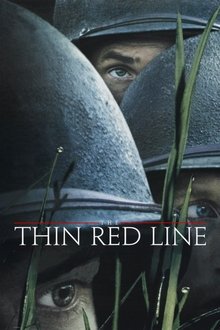
The Thin Red Line (1998)
The story of a group of men, an Army Rifle company called C-for-Charlie, who change, suffer, and ultimately make essential discoveries about themselves during the fierce World War II battle of Guadalcanal. It follows their journey, from the surprise of an unopposed landing, through the bloody and exhausting battles that follow, to the ultimate departure of those who survived.
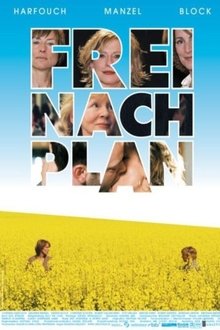
According to Plan (2007)
It's mom's birthday and her three daughters want to throw a big party. But everything turns out differently. It's not just because the divorced dad arrives a few days early and brings his much-too-young new girlfriend with him, or because the birthday girl has to stage the end of the world with her village theater group.

